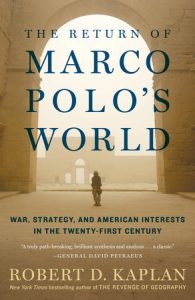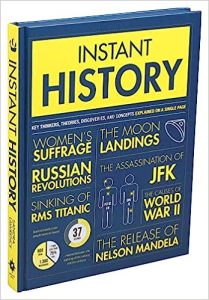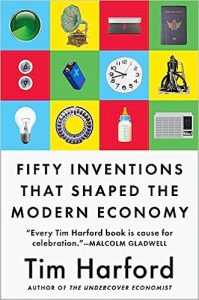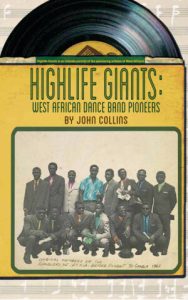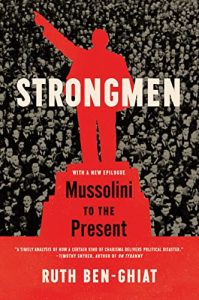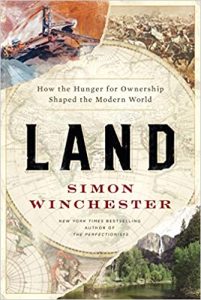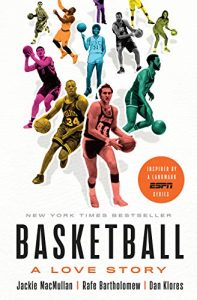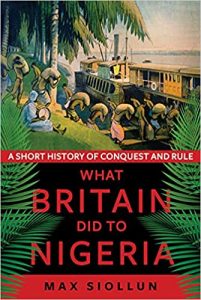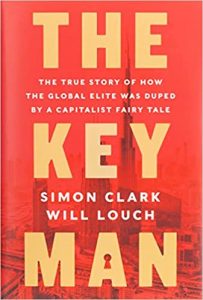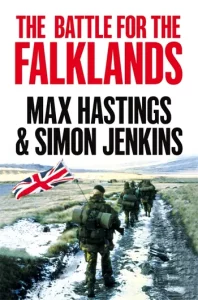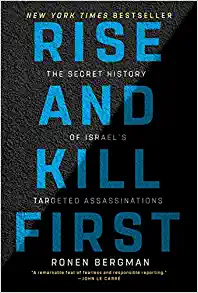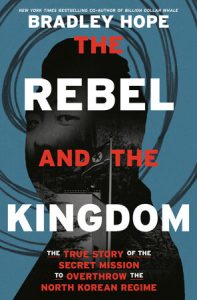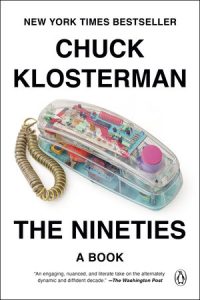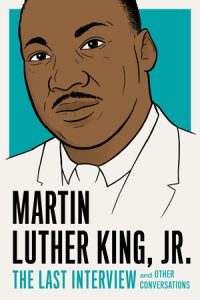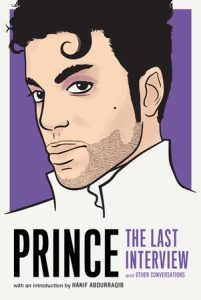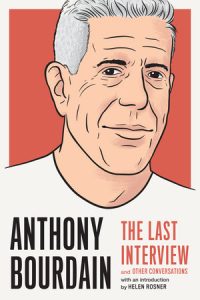The Return Of Marco Polo’s World
₦8,000.00In the late thirteenth century, Marco Polo began a decades-long trek from Venice to China along the trade route between Europe and Asia known as the Silk Road—a foundation of Kublai Khan’s sprawling empire. Now, in the early twenty-first century, the Chinese regime has proposed a land-and-maritime Silk Road that duplicates exactly the route Marco Polo traveled.
Drawing on decades of firsthand experience as a foreign correspondent and military embed for The Atlantic, Robert D. Kaplan outlines the timeless principles that should shape America’s role in a turbulent world that encompasses the Chinese challenge. From Kaplan’s immediate thoughts on President Trump to a frank examination of what will happen in the event of war with North Korea, these essays are a vigorous reckoning with the difficult choices the United States will face in the years ahead.

